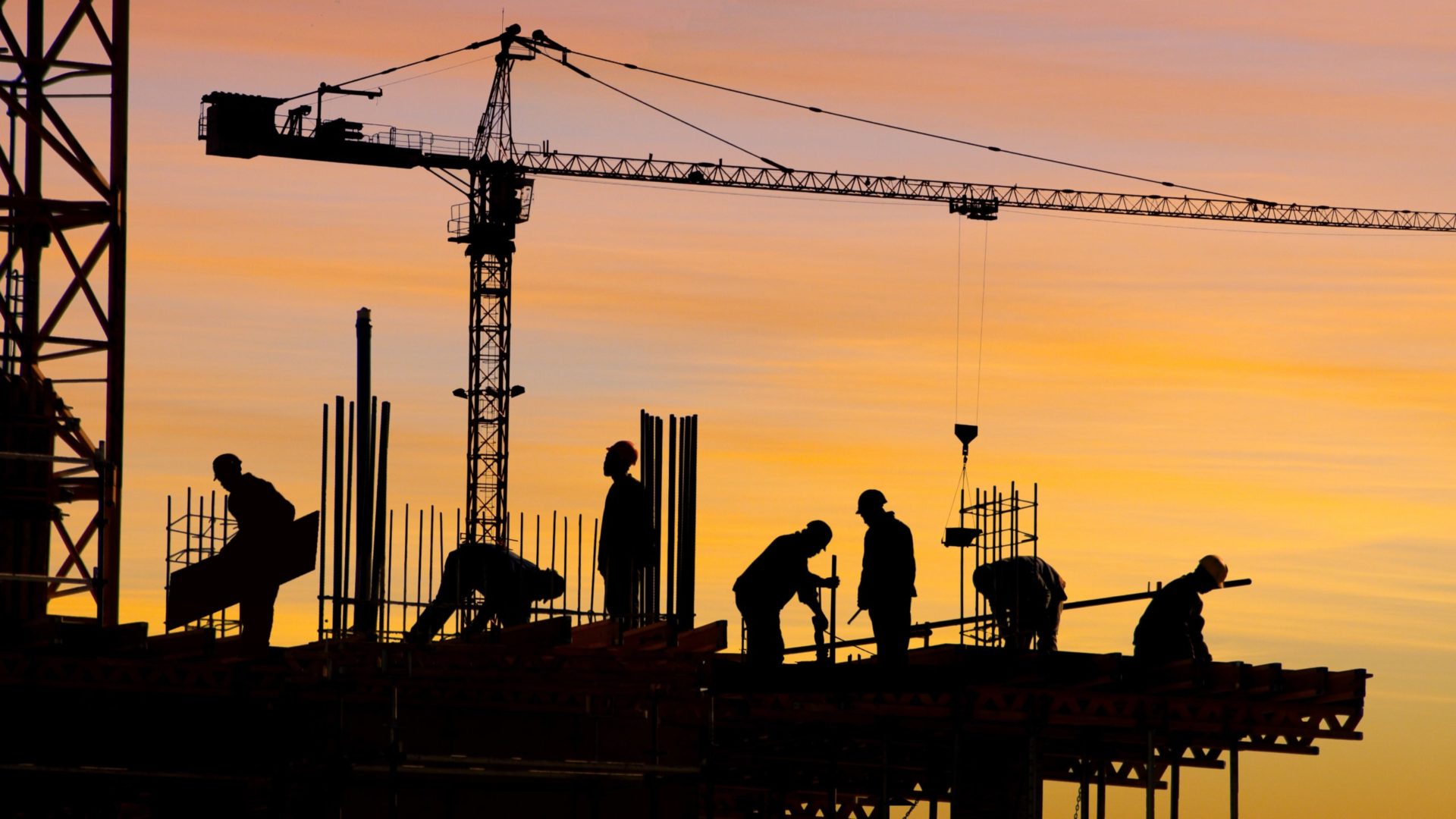
The construction industry is headed towards an “acute recession” this year, according to the Construction Products Association (CPA).
CPA blames huge falls in the two largest construction sectors, namely private housing new build and private housing repair, maintenance and improvement (RM&I).
The prediction is set against a backdrop of a flatlining UK economy, falling real wages and rising mortgage rates that will hit demand for new housing and home improvement works.
The CPA forecasts construction output to fall by 7% in 2023 before recovering slowly in 2024 with growth of just 0.7%.
Private housing output is worth £41 billion a year to the UK economy and is forecast to be the worst-affected construction sector in 2023.
Private housing RM&I is worth £29 billion to the UK economy each year. The sector reached “historic highs” between 2020 and early 2022 due to increased working from home and a “race for space”. But since March 2022, activity has been falling due to persistent inflation, rising interest and mortgage rates, and falling real wages.
Infrastructure activity is expected to remain at high levels due to ongoing projects such as HS2 and Hinkley Point C. However, the CPA said output is likely to fall marginally compared to last year following the government announcing delays to road and rail projects.
‘Essential government invests in construction’
Commenting on the forecast, CPA economics director Professor Noble Francis said: “More than half of construction activity is provided by the three largest sectors: private housing new build, private housing RM&I and infrastructure. Both housing new build and RM&I had already taken a hit in 2022 Q4 due to falling real wages, the rising cost of living, economic uncertainty, and the effect of the government’s calamitous Mini Budget on mortgage rates.
“Further interest rate and mortgage rate rises this year, as well as falling real wages, are likely to lead to sharp falls in demand within the housebuilding and improvements sectors. Exacerbating this for the construction industry are government announcements of delays to road and rail projects, despite infrastructure activity remaining relatively high.
Francis added that the government’s previously stated ambitions – building 300,000 net additional homes per year, investing £600 billion in an infrastructure pipeline, delivering levelling up, and transitioning to net zero – “all sound like hollow soundbites now given its lack of commitment and investment”.
“It is essential that government uses its autumn statement later this year to invest in UK construction – an industry which employs more than three million people across its supply chain and provides the homes and infrastructure that are so vital for the country’s near-term needs and long-term productivity growth.”











